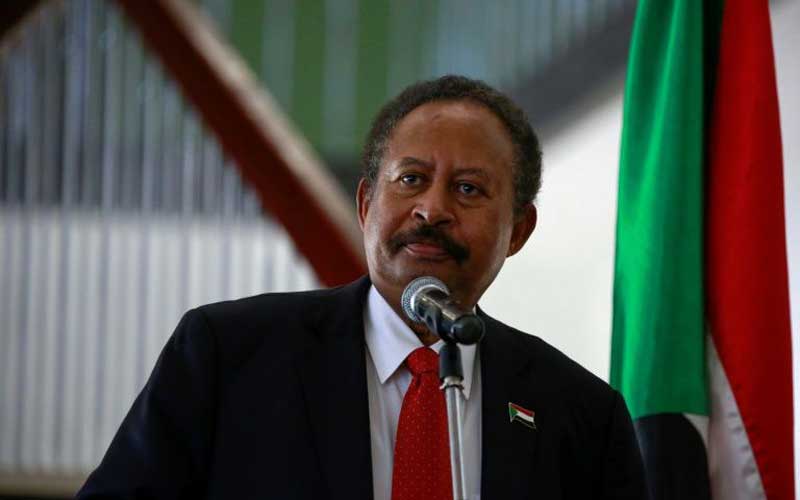×
The Standard e-Paper
Smart Minds Choose Us

Sudan's government, including Prime Minister Abdalla Hamdok, agreed a peace deal with rebels. [AFP]
Sudanese leaders and rebel commanders agreed Monday on a historic peace deal, a crucial step towards ending 17 years of conflict in which hundreds of thousands of people were killed.